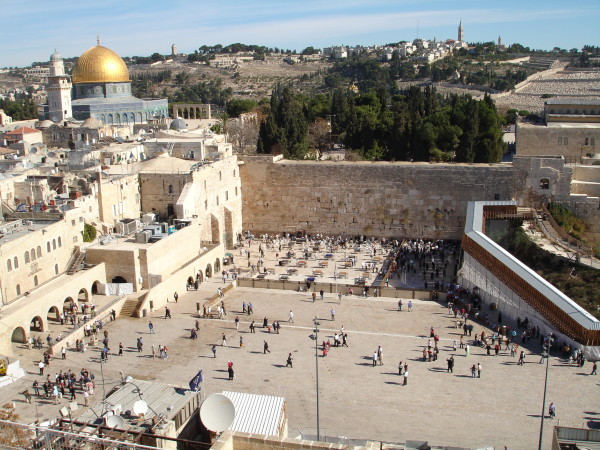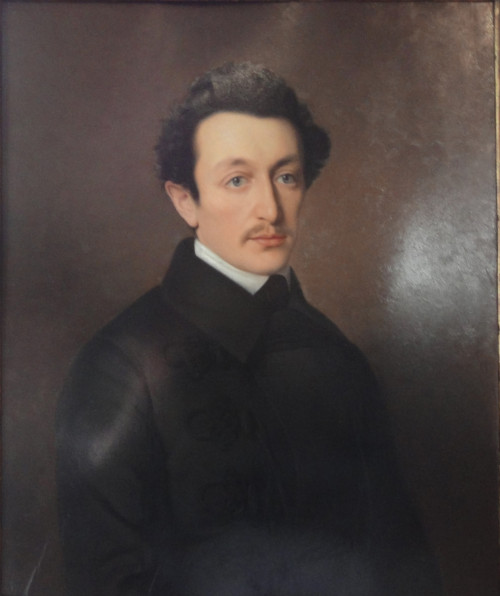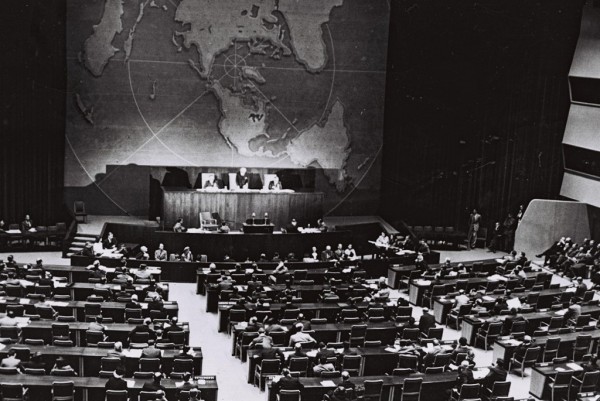Israel is a foreign body in the Middle East and the Jewish people have no historic connection or right to the land, Israel’s enemies claim. It’s a false and persistent allegation, used to delegitimize the Jewish state, and should be vigorously challenged.
Gloria Greenfield’s one-hour documentary, Body and Soul: The State of the Jewish Nation, takes up the challenge.
Already shown at Jewish films festivals in the United States and Canada, Body and Soul will be screened in Toronto at Beth Tikvah Synagogue on Monday, October 26 at 7:30 p.m.
The premise of the film is clear and compelling.

The Jewish people have had an unbroken 3,000-year connection with Israel, and the Jewish presence there is supported by archeological ruins, the Western Wall, the Jewish holiday cycle, Jewish prayers and rituals, biblical texts and Assyrian and Greek texts.
In an era when Israel’s legitimacy has begun to be questioned with increasing rancor, it’s important to know that Israel is not a settler state like French Algeria and that Israelis cannot be compared to the pieds noirs.
Contrary to the tales fabricated by myth makers, Israel did not emerge in a vacuum. Israel has been in the hearts and minds of Jews, whether religious or secular, and is not an artificial construct. Historically, culturally, linguistically and religiously, Israel is vibrantly real.
Greenfield conveys this salient point through interviews with academics, a former chief rabbi, a journalist, a lawyer and two politicians, among others.
Ruth Wisse, a Canadian teaching at Harvard University, points out that Jews regained their sovereignty in Israel in the same decade as the Holocaust. That’s a miracle of biblical proportions, she observes.
Jews have always lived in the Land of Israel, despite Babylonian, Roman, Byzantine, Arab, Crusader, Mamluk, Ottoman and British conquests. Greenfield claims that none of these conquerors considered Palestine their homeland. Palestine, to them, was a mere outpost, ruled from major Muslim cities like Cairo or Baghdad.
Strangely enough, the film virtually ignores the Arab inhabitants of Palestine, the Palestinians, who were deeply attached to its soil and could hardly be described as transients or strangers. Indeed, until 1948, Palestinians outnumbered Jews by a significant margin.

As Body and Soul correctly argues, Jews were always an intrinsic part of the landscape in Palestine, even after the destruction of the first and second temples and the intolerant reign of the Crusaders. Jews created communities in Jerusalem, Hebron, Safad and Tiberias, the four holy Jewish cities, and from the 1840s onward, they comprised a majority of Jerusalem’s population.
The claim advanced by a Palestinian imam that Jews were merely “passersby” in Palestine is so ridiculous that it requires no further elaboration.
The late Hebrew University historian Robert Wistrich observes that the early Zionist movement was exclusively focused on Palestine rather than, say, Uganda. “Zion meant something,” he says.
Zionism was driven not just by the push of antisemitism but by the pull of religion, he adds.

In recounting the birth of Zionism, Body and Soul mentions such figures as Moses Hess and Theodor Herzl and delves briefly into the 1917 Balfour Declaration and the 1939 British White Paper.
Anita Shapira, an Israeli historian, claims that Israel was established despite the Holocaust and not because of it. I would beg to differ with her assumption. I would argue that Christian guilt over the Holocaust was definitely a factor in the passage of the Palestine partition plan, ratified by the United Nations on November 29, 1947. Shapira, however, acknowledges that the Holocaust galvanized American Jews to rally around the notion of the necessity of a Jewish state.

Body and Soul is generally an informative film, but by no means is it the last word on the topic.